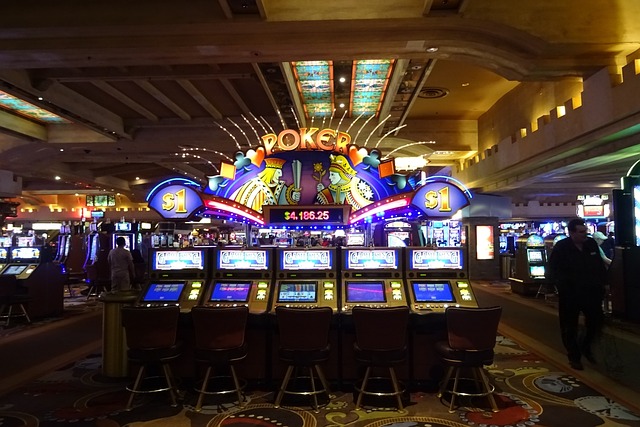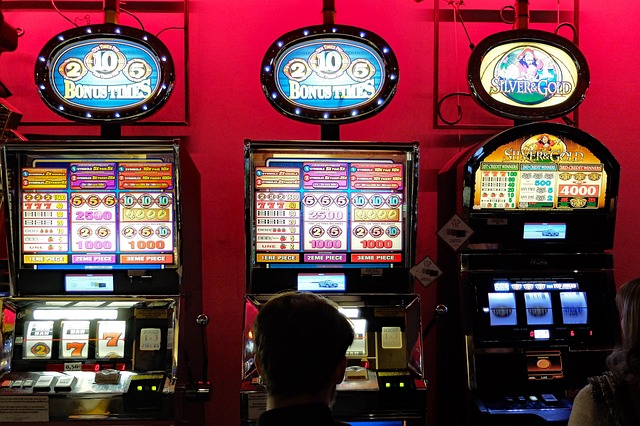Gambling is designed to be exciting, fast-paced, and rewarding—at least in the short term. But for some players, that excitement turns into compulsion. Gambling addiction doesn’t happen overnight, and it’s not just about poor money management. It’s rooted in deeper psychological triggers that can affect anyone, regardless of age or background.
In this post, we’ll explore how gambling addiction develops, the psychological factors behind it, and what players and operators can do to prevent harm before it starts.
How Gambling Hooks the Brain
At the center of gambling addiction is the brain’s reward system. Winning a bet or hitting a jackpot triggers a release of dopamine, a neurotransmitter that reinforces pleasure and learning. This is the same brain chemical involved in other addictive behaviors like substance abuse or overeating.
The problem? Gambling outcomes are random, but the reward system still fires—even when the results are unpredictable or negative. This is known as variable-ratio reinforcement, and it’s one of the most powerful conditioning patterns known in psychology.
You don’t need to win every time to feel encouraged to play again. In fact, near misses or small wins often have the same psychological effect as actual wins.
Common Cognitive Traps in Gambling

Most problem gambling doesn’t start with high-stakes risk—it starts with flawed thinking. Here are some cognitive biases that drive gambling problems:
Illusion of Control
Players may believe they can influence random outcomes, especially in games like slots or roulette. Touching the screen, timing the spin, or using “lucky numbers” creates a false sense of control.
Gambler’s Fallacy
This is the belief that past outcomes influence future ones—like thinking a win is “due” after a losing streak. In reality, each spin or roll is independent of the last.
Loss Chasing
After losing, some players continue gambling in an attempt to recover losses. This often leads to larger bets, riskier decisions, and deeper losses.
Overconfidence
A few early wins or a “lucky streak” can lead players to believe they’ve figured out the system. Confidence rises, bankrolls drop.
These mental traps don’t just affect compulsive gamblers—they’re common in casual play too. But unchecked, they can lead to escalating risk and dependency.
Risk Factors and Warning Signs
Some players are more vulnerable to gambling addiction than others. Key risk factors include:
- History of mental health issues (e.g. anxiety, depression)
- Family history of addiction
- Early exposure to gambling
- Financial stress or instability
- Social isolation or lack of support networks
Early warning signs of problematic behavior include:
- Increasing bet sizes despite losses
- Gambling to escape stress or boredom
- Lying about time or money spent
- Borrowing or stealing to fund play
- Inability to stop even after negative consequences
The earlier these signs are recognized, the easier it is to intervene before the behavior escalates.
Prevention Strategies for Players
Avoiding addiction doesn’t mean avoiding gambling altogether—it means setting clear boundaries and understanding how the games are designed. Here are a few practical steps:
1. Set Hard Limits
Before playing, decide on a maximum amount of time and money you’re willing to lose. Stick to it—win or lose.
2. Avoid Emotional Gambling
Don’t play when you’re angry, stressed, or bored. These states make you more vulnerable to chasing losses or making impulsive bets.
3. Track Your Sessions
Keep records of how much you play, how often, and your results. It’s easy to lose track without a clear overview.
4. Take Regular Breaks
Stepping away resets your mental state and gives you space to reflect on your behavior. Use built-in reminder tools if available.
5. Know the Game Mechanics
Understand the odds, payouts, and house edge. Knowing how the game works makes it harder to fall into cognitive traps.
Operator Responsibilities and Safer Gambling Tools

Casinos and platforms also play a role in prevention. Responsible operators offer:
- Deposit, wager, and time limits
- Reality checks and session reminders
- Self-exclusion and cool-off periods
- Access to account history and loss tracking
- Links to support organizations
Operators should also train staff to recognize signs of problem behavior and intervene when needed. Ethical design—avoiding dark patterns, misleading bonus structures, or emotionally manipulative features—also matters.
When to Seek Help
If gambling starts to impact your finances, relationships, or mental health, it’s time to seek support. This may include:
- Speaking to a mental health professional
- Joining support groups (e.g. self-help or peer programs)
- Using self-exclusion tools to block access
- Contacting national or regional gambling helplines
Gambling addiction is treatable—but only if acknowledged early. Avoid stigma and take action if you or someone you know may be at risk.
